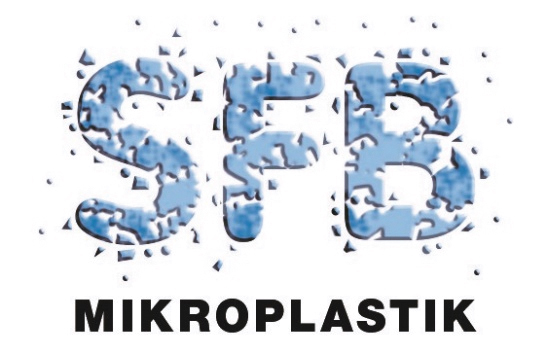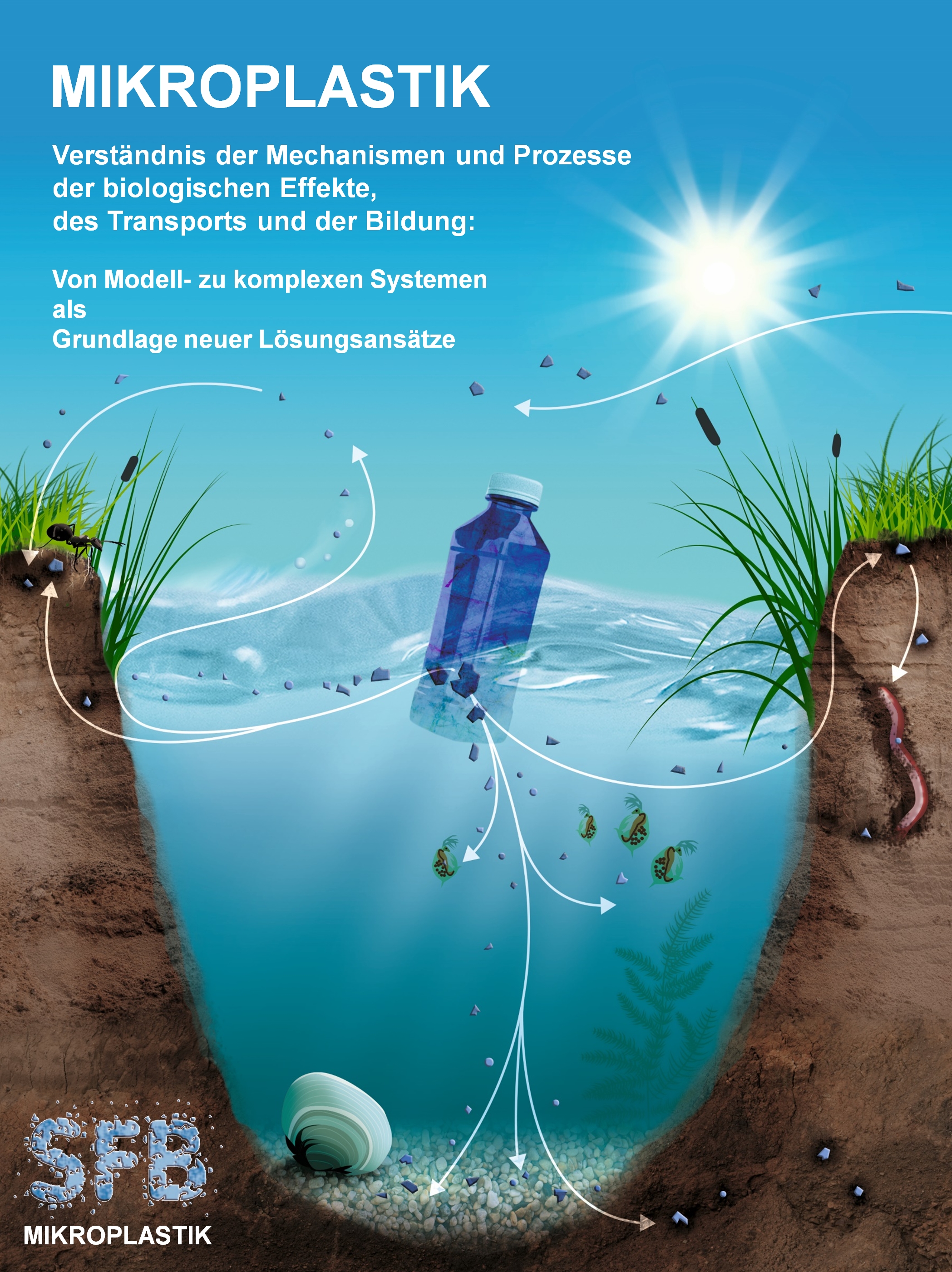About us
Collaborative Research Centre 1357 Microplastics
Understanding the mechanisms and processes of biological effects, transport and formation:
From model to complex systems as a basis for new solutions
The ubiquitous contamination of the environment with microplastics (MP), the associated risks to ecosystems and ultimately to human health has recently attracted a great deal of public and scientific attention.
So far, the young field of MP research has mainly been limited to the development of suitable monitoring methods, the quantitative assessment of environmental contamination, the identification of relevant entry paths into the environment, as well as first mitigation approaches. Further, ecotoxicological studies have been performed using mostly brand-new plastics. All these approaches lacked a fundamental understanding of the physical, chemical and biological processes to which MP is subjected in the environment. The scientific complexity of the field ‘MP’, however, requires an interdisciplinary approach that bridges the traditional disciplinary boundaries.
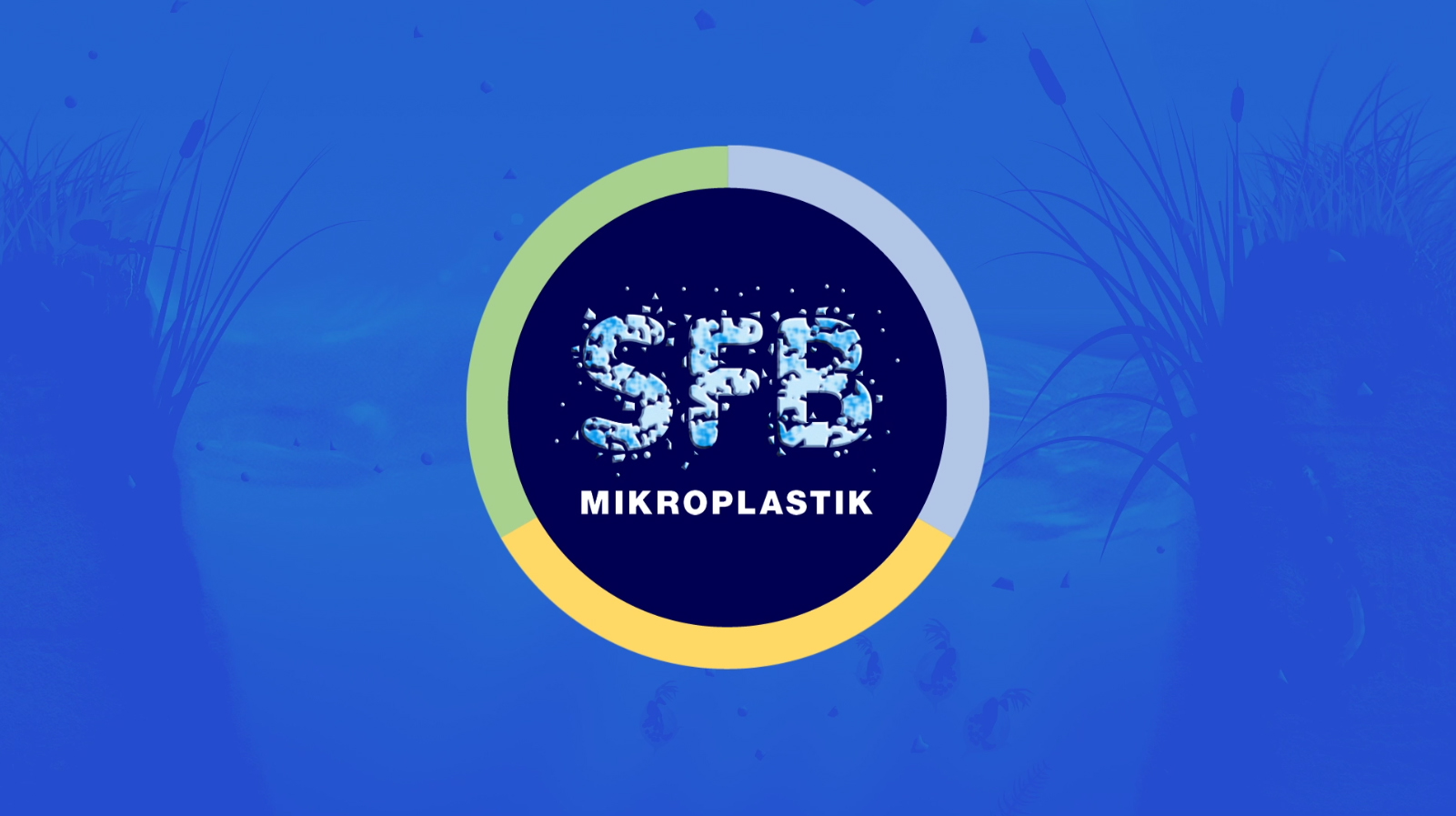
Erschienen am 15.09.2022
CRC 1357 Microplastics - Who are we?
The researchers of the Collaborative Research Centre 1357 Microplastics introduce themselves and explain where their motivation comes from to research in the exciting and interdisciplinary field of microplastics (German).
Click here for the full version of the video.
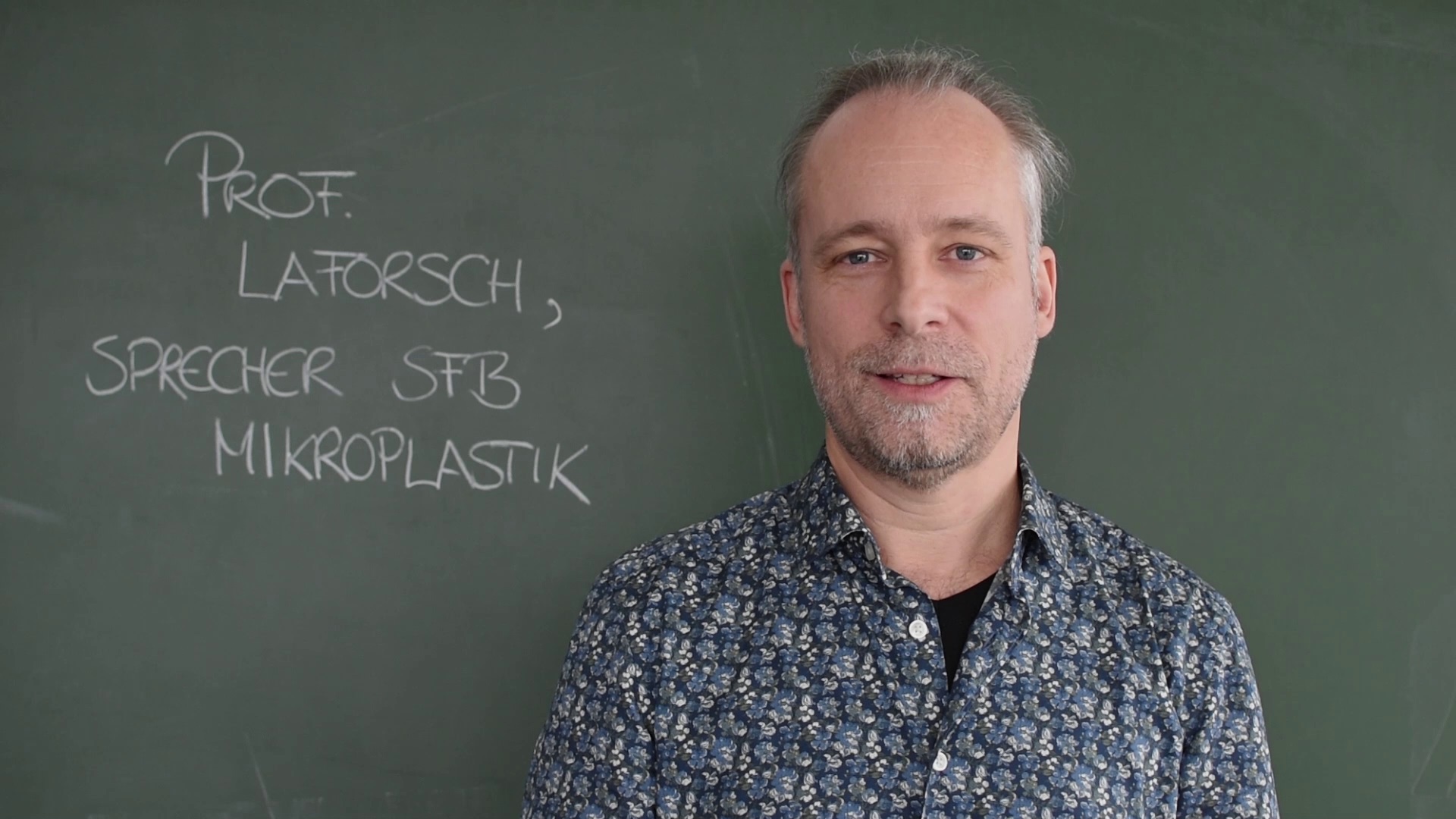
Released 27.02.2020 - © UBT
CRC 1357 Microplastics - What is it about?
Professor Dr Christian Laforsch, spokesperson of the Collaborative Research Centre Microplastics, introduces the Collaborative Research Centre 1357 Microplastics and its aims in this short portrait (German with English subtitles).
Click here for the full version of the video.
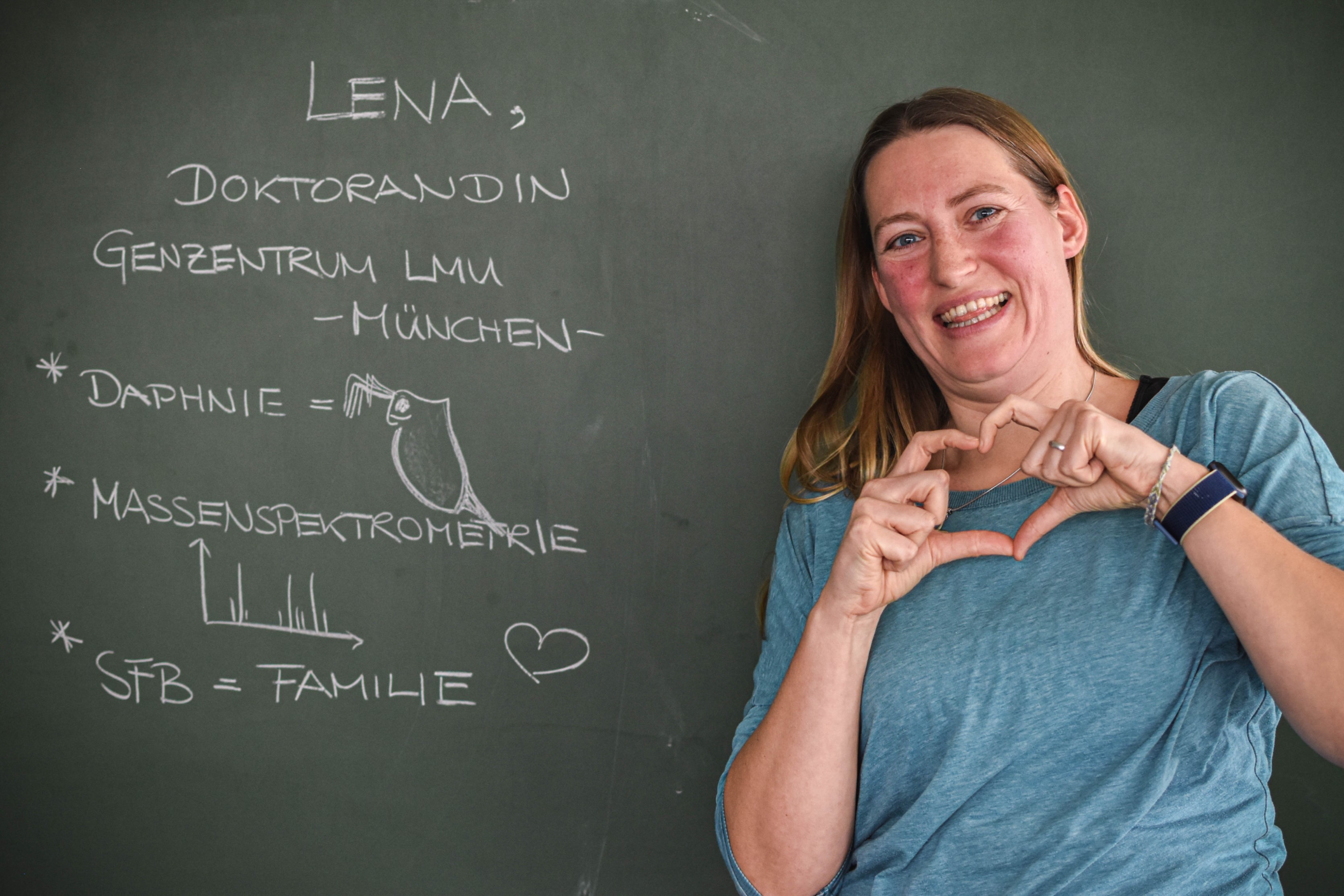
Released 27.02.2020 - © UBT
A01- Biological effects in aquatic model organisms
Lena Wilde, a doctoral student at the LMU Munich Gene Centre in Dr Thomas Fröhlich's research group, gives an insight into her work with water fleas and tells us what she finds particularly exciting about interdisciplinary research in a Collaborative Research Centre (German with English subtitles).
Click here for the full version of the video.
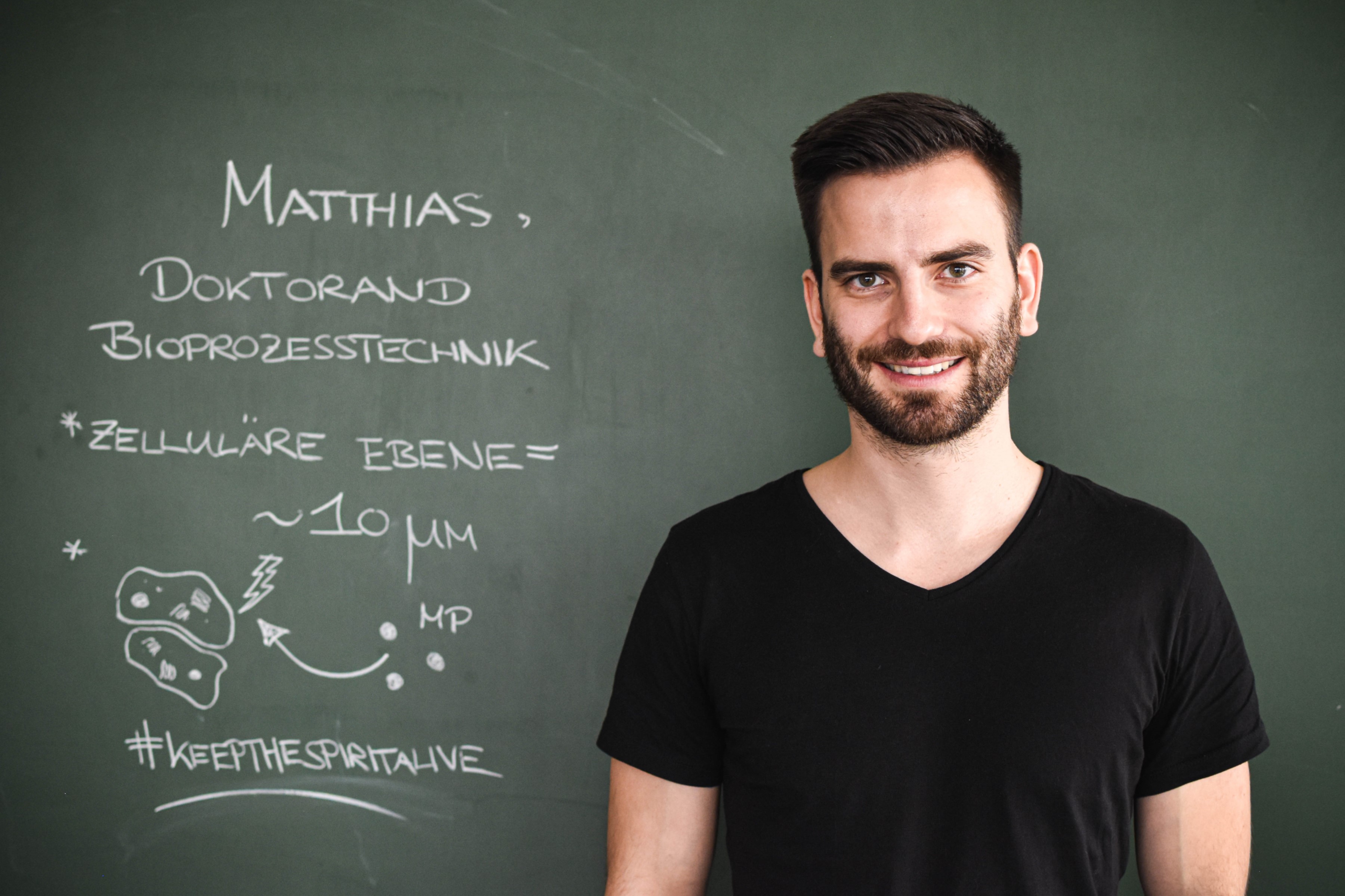
Released 27.02.2020 - © UBT
A05 - Biological effects at the cellular level
Matthias Völkl, a doctoral student in Prof. Ruth Freitag's bioprocess engineering department at the University of Bayreuth, is investigating the effects of microplastics at the cellular level and provides insights into his daily work (German with English subtitles).
Click here for the full version of the video.
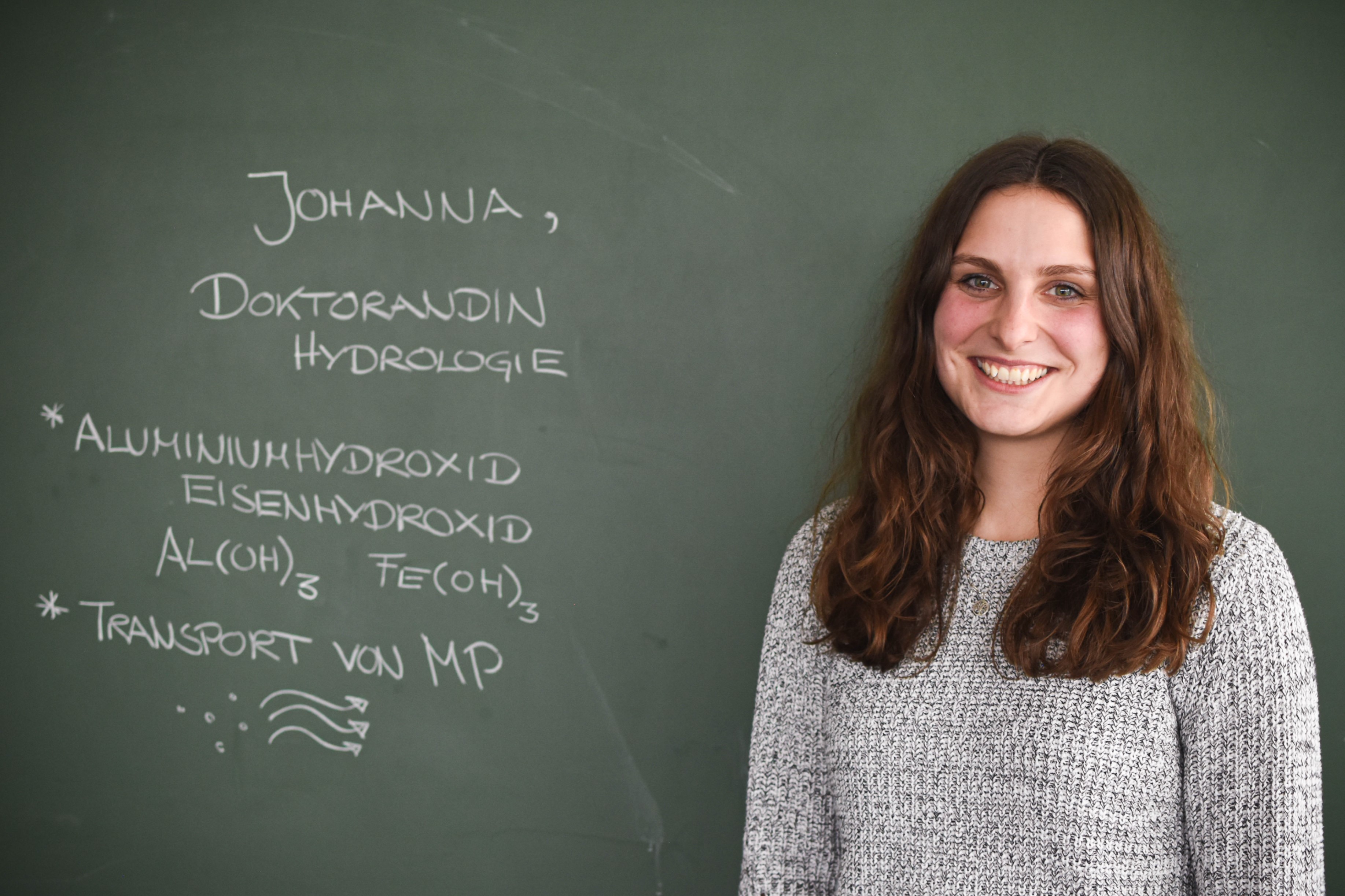
Released 27.02.2020 - © UBT
B01 - Behaviour and transport of microplastics in the environment
Johanna Schmidtmann, a PhD student in hydrology with Prof. Stefan Peiffer at the University of Bayreuth, is investigating the transport of microplastics in the environment and tells us what excites her about the topic of microplastics (German with English subtitles).
Hier geht es zur Vollversion des Videos.
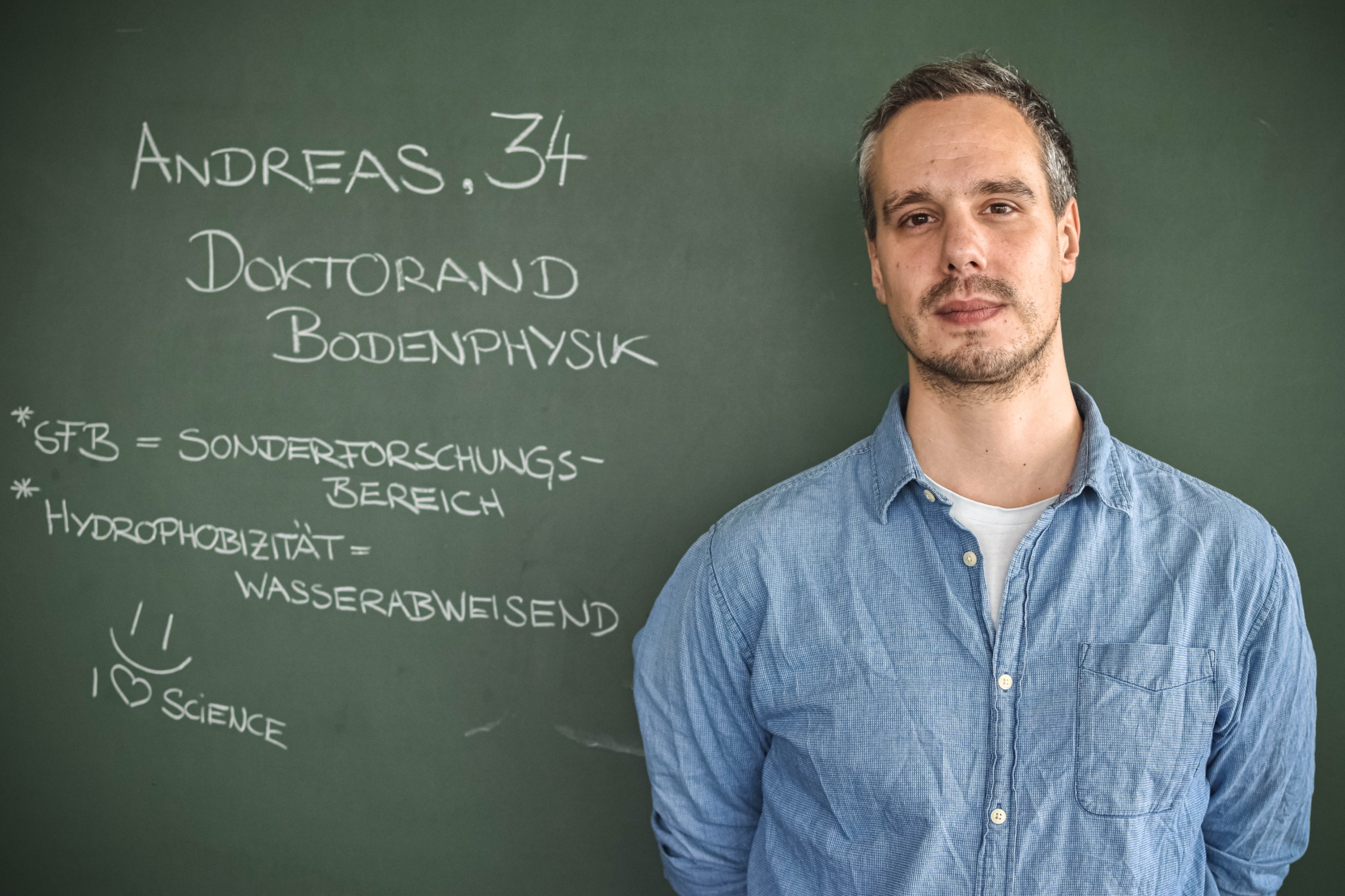
Released 27.02.2020 - © UBT
B06 - Behaviour and transport of microplastics in the environment
Andreas Cramer, a PhD student in soil physics with Prof. Andrea Carminati at the University of Bayreuth, explains how he studies the effects of microplastics on soils (German with English subtitles).
Click here for the full version of the video.
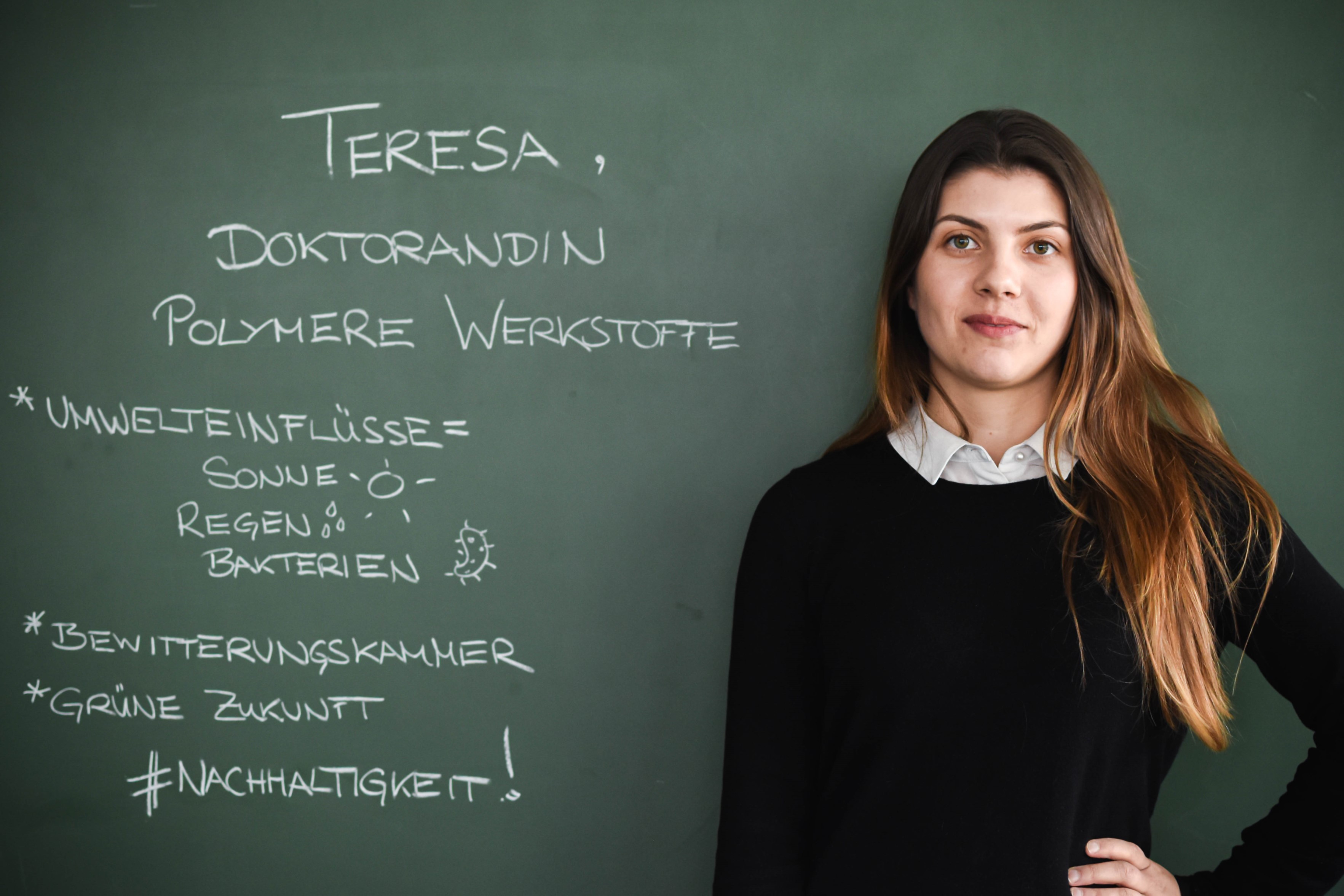
Released 27.02.2020 - © UBT
C01 - Formation and degradation of microplastics
Teresa Menzel, a PhD student at the Department of Polymer Engineering with Prof. Volker Altstädt, shows how she simulates the formation of microplastics in the laboratory and thus investigates the influence of environmental factors such as sun, rain and bacteria (German with English subtitles).
Click here for the full version of the video.
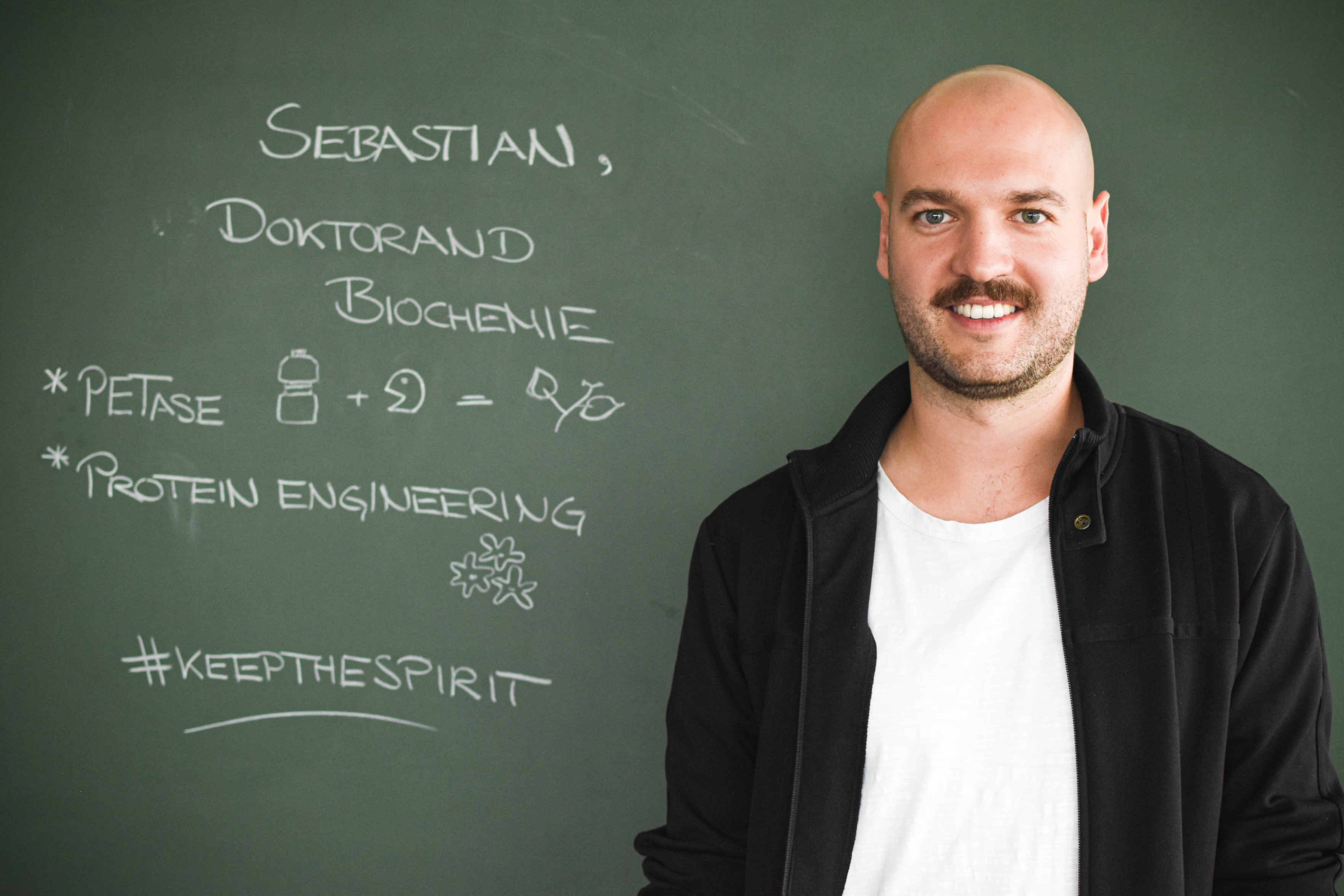
Released 27.02.2020 - © UBT
C03 - Formation and degradation of microplastics
Sebastian Weigert, PhD student in biochemistry with Prof. Birte Höcker, explains why proteins fascinate him and how they can contribute to the degradation of polymers (German with English subtitles).
Click here for the full version of the video.
Hence, based on model systems for plastics, organisms and environmental compartments, the aim of this CRC initiative is to gain a fundamental understanding of the processes and mechanisms
- that cause biological effects of MP in limnic and terrestrial ecosystems
- that influence migration of the MP particles and
- that cause the formation of MP from macroscopic plastics each depending on the physical and chemical properties of the plastics.
These findings will provide a scientifically sound basis for the evaluation of the environmental risks of MP originating from existing commodity plastics. Building on this, new environmentally friendly plastics in the sense of sustainable polymer chemistry are to be developed and verified using model systems, starting already in the first application phase.
These new plastics will - among others - exhibit faster degradation processes through the application of accelerators and structural modifications and will contribute to the avoidance or reduction of MP. Based on the comprehensive findings from Phase I, plastics are also to be specifically modified in the longer term (phases II and III) in such a way that, due to their new properties, they no longer have any adverse effects on organisms and to the total environment.
The complexity of the model systems investigated is to be increased in the course of CRC 1357 in order to achieve the highest possible relevance in relation to real ecosystems..
Pressemitteilung: Neuer Sonderforschungsbereich für die Universität Bayreuth
Speaker:
Prof. Dr. Christian Laforsch
Universität Bayreuth
Universitätsstraße 30
95447 Bayreuth
Phone: +49 (0)921 / 55-2650
E-Mail: christian.laforsch@uni-bayreuth.de
Co-Speaker:
Prof. Dr. Andreas Greiner
Universität Bayreuth
Universitätsstrasse 30
95447 Bayreuth
Phone: +49 (0)921 / 55-3399
E-Mail: greiner@uni-bayreuth.de

